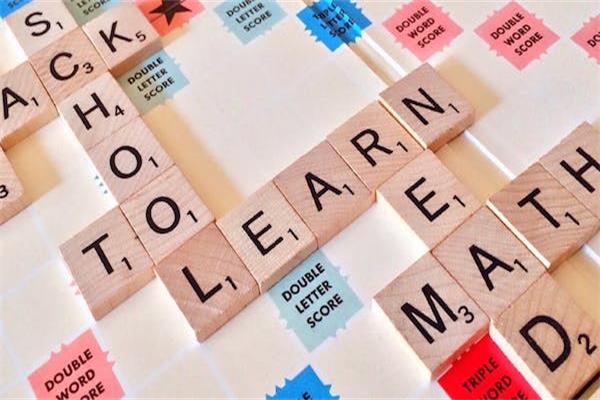天气怎么样用英语怎么说?天气怎么样用英语怎么说两种说法?
Weather Vocabulary: How to Talk about the Weather in English
Introduction: Being able to talk about the weather is an essential skill in any language. In English, discussing the weather is a common topic of conversation and can be used in various situations. From small talk with strangers to making plans for a day out, knowing weather-related vocabulary and phrases can greatly enhance your English communication skills. In this article, we will discuss different aspects of weather and learn how to express weather conditions using English.
I. Basic Weather Vocabulary: 1. Sunny - When the sky is clear and bright, without any clouds, we can describe the weather as sunny. For example, "It's a beautiful sunny day today."

2. Cloudy - When the sky is filled with clouds and there is no direct sunlight, we use the term cloudy. For instance, "It will be cloudy in the afternoon, so take your umbrella with you."
3. Rainy - This term is used when it is raining. For example, "It has been rainy for the past few days. I hope it clears up soon."
4. Windy - When there is a strong breeze or high winds, we describe the weather as windy. For instance, "Be careful, it's quite windy outside. Hold on tight to your hats."
5. Snowy - When snow is falling, we use snowy to describe the weather condition. For example, "It is expected to be snowy tomorrow, so we might have a white Christmas."
6. Foggy - When the visibility is low due to heavy mist or fog, we describe the weather as foggy. For instance, "It's so foggy outside, I can't see anything. Take extra caution while driving."
7. Stormy - Stormy weather refers to heavy rain, thunder, lightning, and strong gusts of wind. For example, "The forecast predicts stormy weather tonight, so make sure to secure any loose objects."
II. Weather Conditions: 1. Temperature - The temperature refers to how hot or cold the air is. The temperature is commonly expressed in degrees Celsius (°C) or Fahrenheit (°F). For instance, "The temperature today is 25°C, which is quite pleasant."

2. Humidity - Humidity measures the amount of moisture present in the air. It is usually expressed as a percentage. For example, "With high humidity, it feels much hotter than the actual temperature."
3. Precipitation - Precipitation refers to any form of water that falls from the atmosphere to the Earth's surface, including rain, snow, sleet, or hail. For example, "There is a 70% chance of precipitation tomorrow, so don't forget to carry your umbrella."
4. Barometer - A barometer is a device used to measure atmospheric pressure. It is commonly used to predict changes in weather conditions. For instance, "The barometer is indicating high pressure, indicating fair weather."
5. Visibility - Visibility refers to how clearly objects can be seen in the atmosphere. It is often impacted by fog, rain, or other weather conditions. For example, "Due to the low visibility caused by heavy rain, flights have been delayed."
III. Weather Forecasting: 1. Weather Forecast - A weather forecast is a prediction of future weather conditions. It includes information such as temperature, precipitation, wind speed, and more. For example, "Let's check the weather forecast to plan our outdoor activities."
2. Meteorologist - A meteorologist is a scientist who studies and predicts weather conditions. They use various tools and data to analyze and forecast the weather accurately. For instance, "According to the meteorologist, we can expect a period of sunny weather next week."
3. Weather Map - A weather map is a graphical representation of weather patterns, including temperature, air pressure, and precipitation. It helps visualize and understand weather conditions across regions. For example, "The weather map shows a cold front approaching, which might bring heavy rain to the area."

Conclusion: 天气怎么样用英语怎么说?天气怎么样用英语怎么说两种说法? Weather plays a significant role in our daily lives, and being able to discuss it in English is important for effective communication. By learning weather vocabulary and phrases, you can confidently talk about weather conditions and understand weather forecasts. Keep practicing and using these words in conversation, and soon you will be able to navigate weather discussions with ease. Remember, good weather or bad weather, the ability to discuss it in English will always come in handy!







